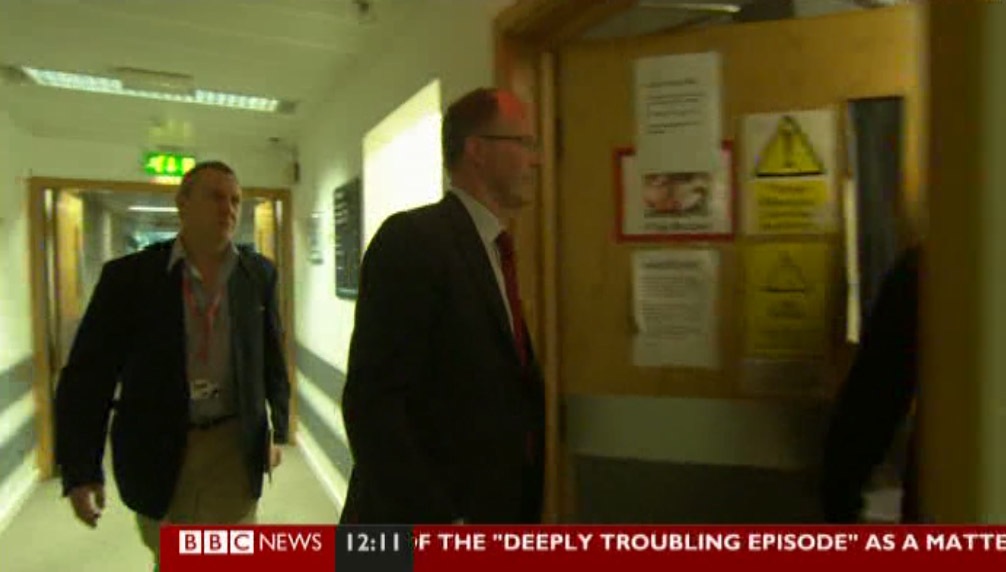People
Paul Mylrea at the heart of the BBC's media storm
Wednesday 14 November 2012
 Former correspondent and editor Paul Mylrea, who carved out a high-profile PR career when he left Reuters in 2002, is, by his own account, at the heart of a media storm over the crisis at the BBC.
Former correspondent and editor Paul Mylrea, who carved out a high-profile PR career when he left Reuters in 2002, is, by his own account, at the heart of a media storm over the crisis at the BBC.
Mylrea, appointed the corporation’s director of communications a year ago and now reported to be on a salary of £154,000 a year, said the BBC crisis is one of the toughest he has had to handle. A former president of the Chartered Institute of Public Relations, he is responsible for all internal and external corporate communications for the BBC.
PRWeek said on Wednesday that sources have suggested the handling of the crisis has been impeded by the BBC communications unit’s struggle to gain a voice among senior corporation management.
The BBC’s director-general George Entwistle, who also served as the corporation’s editor-in-chief, resigned at the weekend after only 54 days in the job. A Newsnight report on 2 November had led to Lord McAlpine, former Conservative party treasurer, being wrongly accused of child abuse during the 1980s.
After the resignation Mylrea, who ended a 20-year career at Reuters as editor of AlertNet, posted this comment on Facebook: “What a momentous day... Tough, moving and tearful... Now to move forward”.
A BBC source told PRWeek that Mylrea’s communications unit was given a back seat role during the Jimmy Savile child abuse crisis, while Entwistle placed his focus on procedures and handling lawyers.
“Director of comms Paul Mylrea was one of a number of senior executives to be removed from the BBC’s management board when Entwistle took charge in September,” the magazine said.
Entwistle was unaware of a key story in The Guardian during an interview on BBC Radio 4’s Today programme on Saturday. He also appeared to be in the dark about Newsnight’s mistake for some time. Some reports have suggested this was due to a falling out with Mylrea, PRWeek said. But Mylrea denied falling out with Entwistle when the magazine approached him. He added: “As a comms professional, I’m not going to discuss the executives I work with but if people want to criticise me, I’m big enough to take that. A comms director is always at the heart of a media storm and it is no different in this case.” He also pointed out that the issue had been one of the toughest he had handled, including the 7/7 London bombings in 2005 when he was at Transport for London.
PHOTO: Paul Mylrea follows George Entwistle into a BBC radio studio at the weekend. ■
- « Previous
- Next »
- 445 of 575